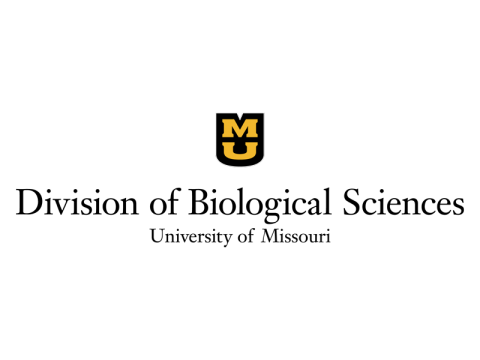Four biology majors selected as Cherng Summer Scholars
Four biology majors selected as Cherng Summer Scholars
The Division of Biological Sciences congratulates the following students on being selected as 2020 Cherng Summer Scholars. The highly competitive program, which is administered by the Honors College, provides selected students a research stipend to conduct research over a summer.
The Cherng Summer Scholars program is supported by the Panda Charitable Foundation led by Andrew and Peggy Cherng, Mizzou alumni and founders of Panda Express.
Thomas DeLong will be exploring the role of a protein, called Eaat1, in regulating the signaling of the biological, or circadian, clocks of Drosophila fruit flies. Past studies have shown that fruit flies that lack this protein have unusual sleep patterns, which suggests that their circadian clocks are “out of whack.” DeLong will be using calcium ion imaging, fluorescent labeling, microscopy, and behavioral assays to test if, how, and where Eaat1 affects the activity of the neurons responsible for setting the circadian clocks of fruit flies. He will carry out his research in the lab of Dr. Bing Zhang in the Division of Biological Sciences in the College of Arts and Science.
Madison (Maddy) LaChance will be investigating the relationship between tooth size and body size. LaChance will be working with three populations of mice: one population that has been bred to be excellent distance runners; a second population of distance runners that have a genetic mutation that affects their musculature; and a control population. She will compare the shape of the mandible and thickness of the teeth enamel across these three populations. According to LaChance, results from her study will be applicable to all species that have teeth, including humans: “The ability to scale from tooth to body size will be beneficial in examining fossils and incorporating estimated body size into evolutionary study.” She will carry out her research in the lab of Dr. Kevin Middleton in the Department of Pathology and Anatomical Sciences in the School of Medicine.
Juliann Leak will be investigating a gene involved in cell motility and fusion and its role in placental development. Cell fusion is important for the formation of the vessels that make contact with maternal blood and provide oxygen to the fetus. Leak will be using a mouse placenta model and culturing cells to determine the effect of this gene on cellular formation within certain areas of the placenta. She will carry out her research in the lab of Dr. Laura Schulz in the Department of Obstetrics, Gynecology, and Women’s Health in the School of Medicine and the Bond Life Sciences Center.
Donia Shawn will be investigating risk factors associated with developing thyroid cancer. According to the American Cancer Society, women are three times more likely to develop thyroid cancer than men. To shed light on this gender gap, Shawn will be analyzing data from electronic health records to see if there is an association between body mass index (BMI), thyroid stimulating hormone (TSH), and gender and a person’s risk of thyroid cancer, specifically differentiated papillary thyroid cancer. Shawn hopes the information from her research will lead to a better understanding of who is susceptible to differentiated papillary thyroid cancer and, ultimately, measures that can be taken to reduce one’s risk. She will carry out her research under the guidance of Dr. Iris Zachary in the Department of Health Management and Informatics in the School of Medicine.
